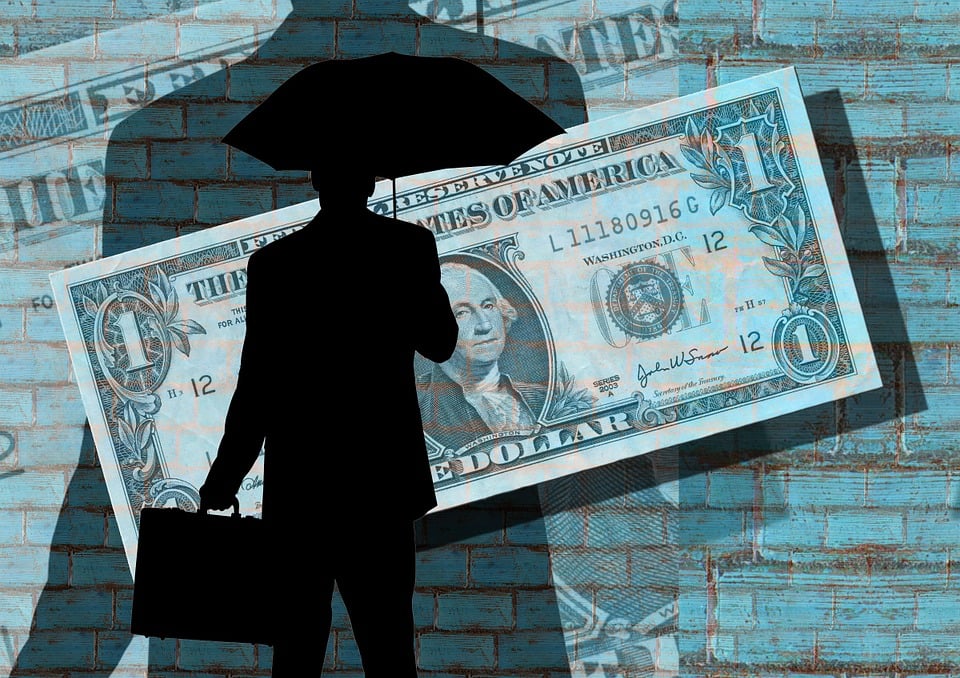Is It Illegal To Burn Money?
Money holds a significant role in our society, representing value and facilitating transactions. However, have you ever wondered if it is illegal to burn money? This question raises intriguing legal and ethical considerations. In this article, we will explore the legality of burning money, examining various perspectives and providing valuable insights into this thought-provoking topic.
The Legal Perspective
From a legal standpoint, the act of burning money is generally not illegal in many countries, including the United States. However, it is essential to note that there are exceptions and limitations to this general rule.
In the United States, the Federal Reserve Act of 1913 prohibits the destruction, mutilation, or defacement of currency. This law aims to protect the integrity of the currency and prevent counterfeiting. Burning money falls under the category of destruction, and therefore, it could be argued that it is illegal. However, the U.S. Department of the Treasury has clarified that this law is primarily intended to address acts of defacement that render the currency unfit for circulation.
Similarly, in the United Kingdom, the Currency and Banknotes Act of 1928 makes it illegal to deface banknotes with the intention to render them unfit for circulation. Burning money could be considered a form of defacement, but the law is primarily concerned with actions that make the currency unusable.
The Ethical Considerations
While burning money may not be explicitly illegal in many jurisdictions, it raises ethical questions. Money represents value and is a symbol of wealth and prosperity. Destroying money can be seen as wasteful and disrespectful to the efforts and hard work that went into earning it.
Moreover, burning money can be viewed as a disregard for the economic system and the stability it provides. In times of economic hardship, such as recessions or financial crises, the destruction of money can exacerbate the situation by reducing the overall money supply and potentially leading to deflation.
Historical Examples
Throughout history, there have been instances where burning money played a significant role in protests or symbolic acts. One notable example is the Vietnam War era in the United States. As a form of protest against the war, some individuals burned dollar bills to express their opposition and dissatisfaction with the government’s actions.
Another example is the Burning Man festival, an annual event held in Nevada, where participants engage in various forms of self-expression, including burning money. This act is often seen as a symbolic gesture of rejecting materialism and embracing alternative values.
The Impact on Currency Value
While burning money may not have a direct impact on the overall value of a currency, it can have psychological effects on individuals and potentially influence their perception of the currency’s worth. If burning money becomes a widespread practice, it could erode trust in the currency and undermine its stability.
However, it is important to note that the destruction of money on an individual scale is unlikely to have a significant impact on the overall economy or the value of a currency. The central banks and monetary policies play a more substantial role in determining the value and stability of a currency.
Frequently Asked Questions (FAQ)
-
1. Can I burn money for artistic purposes?
Burning money for artistic purposes can be a complex matter. While it may not be explicitly illegal, it is advisable to consult local laws and regulations to ensure compliance.
-
2. Can I burn money as a form of protest?
Using burning money as a form of protest can be seen as a symbolic act. However, it is important to consider the potential legal and ethical implications before engaging in such actions.
-
3. Are there any exceptions to the legality of burning money?
Some countries may have specific laws or regulations that restrict or prohibit the destruction of currency. It is crucial to research and understand the laws in your jurisdiction.
-
4. Can burning money lead to inflation?
On an individual scale, burning money is unlikely to cause inflation. Inflation is primarily influenced by macroeconomic factors and monetary policies.
-
5. Are there any historical examples of burning money as a form of protest?
Yes, burning money has been used as a form of protest in various historical contexts, such as during the Vietnam War era in the United States.
-
6. What are the potential consequences of burning money?
While the legal consequences may vary depending on the jurisdiction, burning money can have ethical implications and potentially erode trust in the currency.
Summary
While burning money may not be explicitly illegal in many countries, it raises ethical considerations and can be seen as wasteful and disrespectful. The act of burning money has been used as a form of protest in various historical contexts, but it is important to understand the potential consequences and implications before engaging in such actions.
Ultimately, the legality and ethics of burning money depend on the specific laws and regulations of each jurisdiction, as well as the intentions and context in which the act is performed. It is advisable to research and understand the laws in your country before considering any actions involving the destruction of currency.

